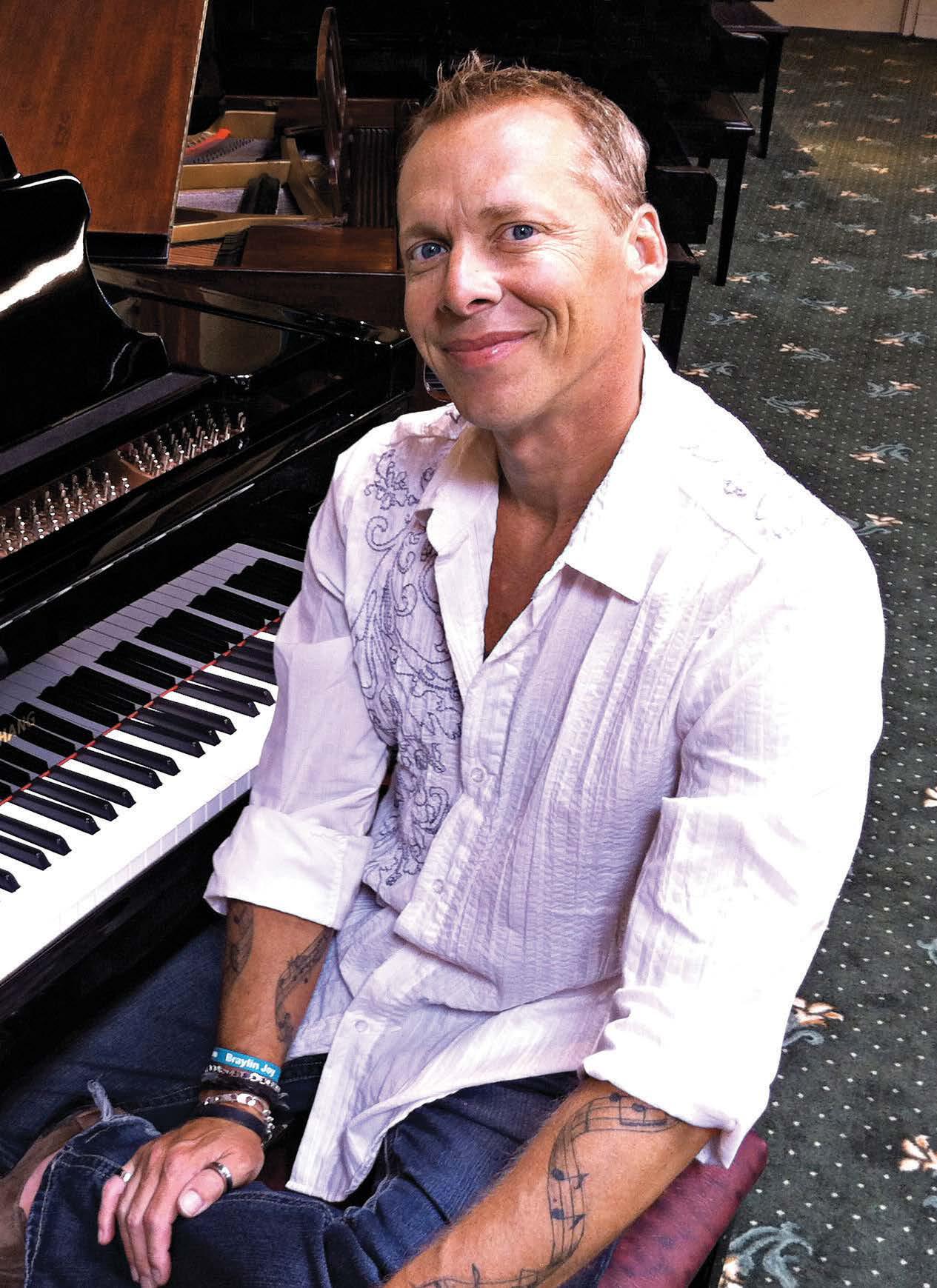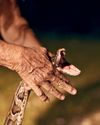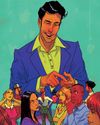
DEREK AMATO STOOD above the shallow end of the swimming pool and called for his buddy in the Jacuzzi to toss him the football. Then he launched himself through the air headfirst, arms outstretched. The tips of Amato’s fingers brushed the ball— and he splashed through the water just before his head slammed into the pool’s concrete floor. He pushed to the surface, clapping his hands to his head, convinced that the water streaming down his cheeks was blood gushing from his ears.
At the edge of the pool, Amato collapsed into the arms of his friends Bill Peterson and Rick Sturm. It was 2006, and the 39-year-old sales trainer was visiting his hometown of Sioux Falls, South Dakota, from Denver, Colorado, where he lived. Amato’s mother rushed him to the emergency room, where doctors diagnosed a severe concussion.
It would be weeks before the full impact of Amato’s head trauma became apparent: 35 per cent hearing loss in one ear, headaches, memory loss. But the most dramatic consequence appeared just five days after his accident. Amato awoke, feeling hazy after near-continuous sleep, and headed over to Sturm’s house. As the two pals chatted, Amato spotted an electric keyboard.
Without thinking, he rose from his chair and sat in front of it. He had never played the piano—he’d never had the slightest inclination to. Now his fingers seemed to find the keys by instinct and, to his astonishment, ripple across them. His right hand started low, climbing in lyrical chains of triads, skipping across melodic intervals and arpeggios, landing on the high notes and then starting low again and building back up. His left hand followed close behind, laying down bass, picking out harmony. Amato sped up, slowed down, let pensive tones hang in the air and resolved them into rich chords as if he had been playing for years. When Amato finally looked up, Sturm’s eyes were filled with tears.
This story is from the {{IssueName}} edition of {{MagazineName}}.
Start your 7-day Magzter GOLD free trial to access thousands of curated premium stories, and 9,000+ magazines and newspapers.
Already a subscriber ? Sign In
This story is from the {{IssueName}} edition of {{MagazineName}}.
Start your 7-day Magzter GOLD free trial to access thousands of curated premium stories, and 9,000+ magazines and newspapers.
Already a subscriber? Sign In

BOOKS
Books review

STUDIO - Off Lamington Road by Gieve Patel
Oil on Canvas, 54 x 88 in

NEWS FROM THE WORLD OF MEDICINE
FOODS THAT FIGHT DEMENTIA

TO HELL AND BACK
The Darvaza crater in Turkmenistan is known as the Gates of Hell. I stood on its edge - and lived to tell the tale

THE SNAKE CHARMERS
Invasive Burmese pythons are squeezing the life out of Florida's vast Everglades. An unlikely sisterhood is taking them on

Sisterhood to Last a Lifetime
These college pals teach a master class in how to maintain a friendship for 50-plus years

...TO DIE ON A HOCKEY RINK
ONE MINUTE I WAS PLAYING IN MY BEER LEAGUE, THE NEXT I WAS IN THE HOSPITAL

Just Sit Tight
Broken, battered and trapped in a ravine for days, I desperate driver wonders, \"Will anyone find me?\"

Allow Me to Mansplain...
If there's one thing we know, it's this: We're a nation of know-it-alls

THE BITTER TRUTH ABOUT SUGAR (AND SUGAR SUBSTITUTES!)
It's no secret that we have a serious addiction. Here's how to cut back on the sweet stuff, once and for all.